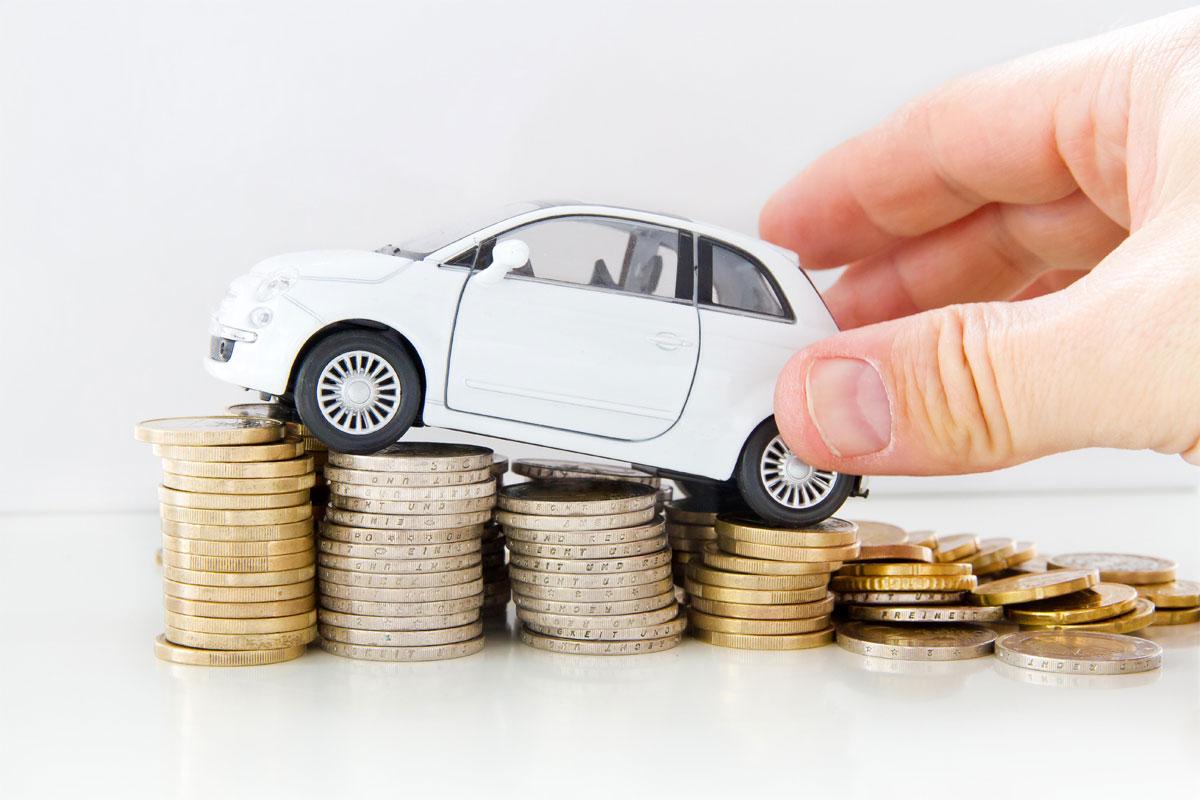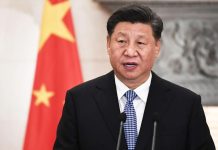Africa-Press – Lesotho. Is leasing the preferred option for drug traffickers and other practitioners of illicit trades to acquire a vehicle for personal or business use? There are two ways to acquire a vehicle (car, truck, van) from an automobile dealership:
(a) a purchase financed 100% by the purchaser from their own funds or a bank loan.
(b) a lease over a number of years (say 5 years) with an option to buy the vehicle upon termination of the lease at a net residual value (the original price less the total of lease payments made).
It looks like drug traffickers prefer leasing over financing a purchase because the latter involves the outright payment of a huge amount of money that may trigger an enquiry as to the source of funds.
Since section 5 of the Financial Intelligence and Anti-Money Laundering Act, 2002 (FIAMLA) does not allow a cash payment exceeding Rs 500,000 at one time, they would not pay millions of rupees in cash.
Hence, for a Sports Utility Vehicle or luxury vehicle (Mustang, Raptor Ford, BMW, Mercedes Benz) that costs a few million rupees, they would prefer to lease it by paying a monthly instalment in cash.
Let’s take an example. A luxury car costing Rs10 million is leased at 5% annual interest for five years (payable in 60 instalments). The total cost of the vehicle, including interest and 15% VAT, is Rs 12,075,000.
The monthly lease payment would be Rs 201, 250. The trafficker would prefer to pay Rs 201, 250 monthly in cash to stay below the threshold of Rs 500, 000 under FIAMLA.
If he had purchased the vehicle, he would have had to fork out Rs 12 million at one go, which would have raised questions about the source of funds, unless he took a loan from a bank.
In the latter case, the bank would have asked for adequate collateral or evidence of stable and regular income. Therefore, leasing is a means of circumventing the law about minimum cash payment allowable.
Ideally, the leasing company would have required lease payments by bank transfer or credit card, which would leave an audit trail of the transaction. However, it looks like all lessors are accepting cash payments.
Otherwise, how do we explain that so many luxury vehicles are on the road without any red flag being raised as to the sources of funds of purchasers. Besides, it is reported that one individual has paid Rs 600,000 in cash six times for car servicing. How did he exceed the threshold of Rs 500,000 in cash payment asked without any questions from the service provider?
For More News And Analysis About Lesotho Follow Africa-Press






